Panel Discussions
Please submit any questions using the comments section below or by emailing circulartransport@warwick.ac.uk
Panel 1 - Opportunities and Challenges to Improve the Quality of Circularity in Transport
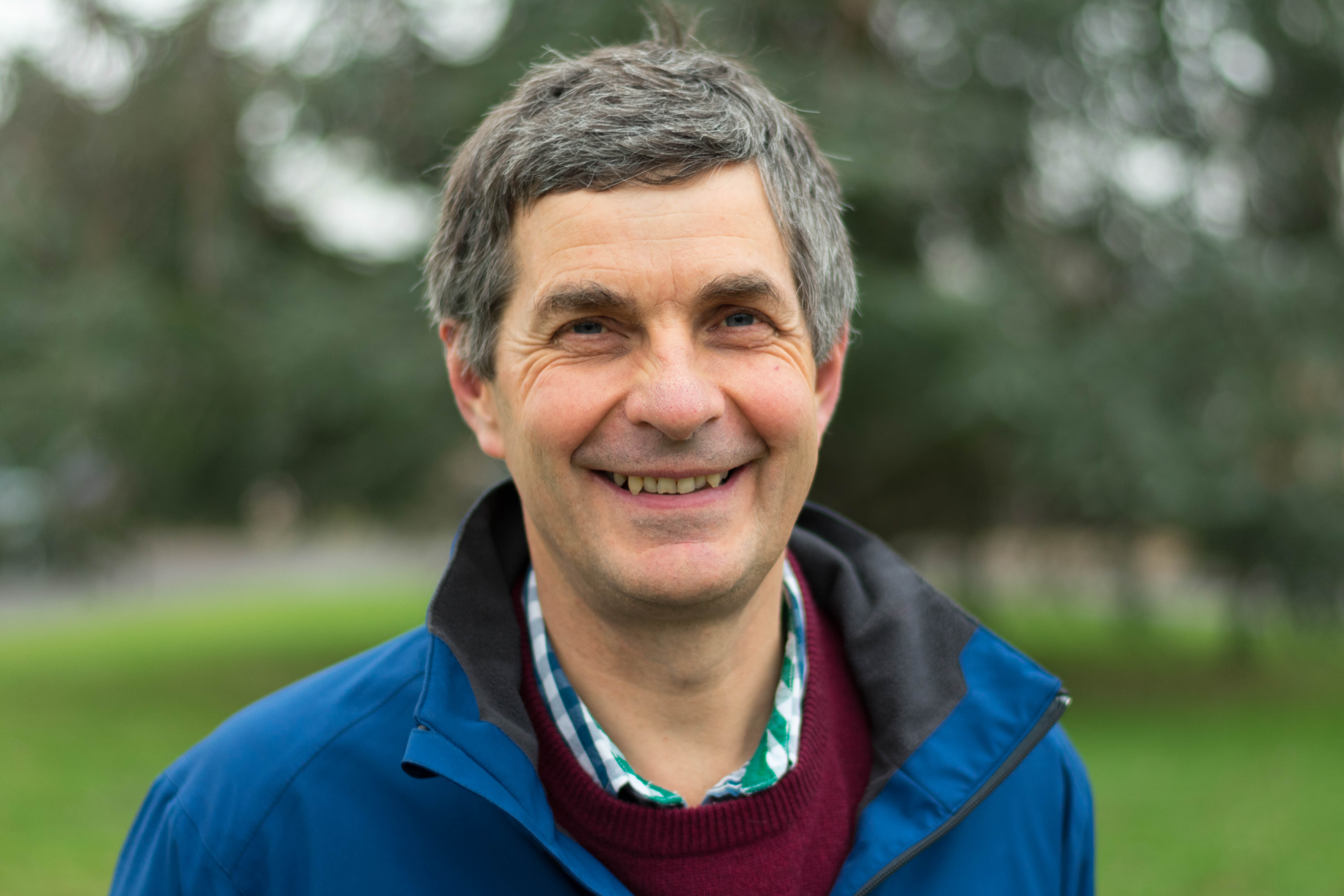
Dr Roger Morton
Opportunity: Recovering battery grade graphite and other battery materials in addition to cobalt, nickel, manganese and lithium
Challenge: How to distinguish rigorously between carbon benefits of recycling pre-consumer and post-consumer end of life materials
Roger is a chartered chemical engineer with a PhD in integrated chemical process design from Manchester University. He has worked in the recycling sector for the past 20 years. He co-founded Axion Consulting and Axion Polymers in 2001. Over the 20 years prior to forming Axion he held general management positions in chemicals, textiles and building materials.
Roger left Axion in 2019. He joined European Metal Recycling in 2020 as Managing Director for Technology and Innovation. He leads EMR’s initiatives in battery and electric vehicle recycling, reusable steel for construction, new recycled steels to support decarbonisation of bulk steel production and recycling of wind turbines and other renewable energy assets.

Dr Robert Reinhardt
Opportunity: Uptake of sustainable and circular business model innovations for a circular (e-)mobility/transport sector
Challenge: Adoption of (sustainable) value chain thinking (instead of supply chain thinking)
Dr Reinhardt is working as a sustainable business & strategy consultant, researcher and cross-disciplinary strategist focusing on establishing the business case for sustainability with a proven track record of driving sustainable innovations in academia, businesses and international organisations through a science and evidence-based approach. He is applying his academic and industry background in business management, environmental science, and industrial engineering within academia and international organisations where he works on cross-sectoral projects in the areas of sustainable and circular business model innovations, life cycle and value chain thinking, circular economy and sustainable consumption and production.
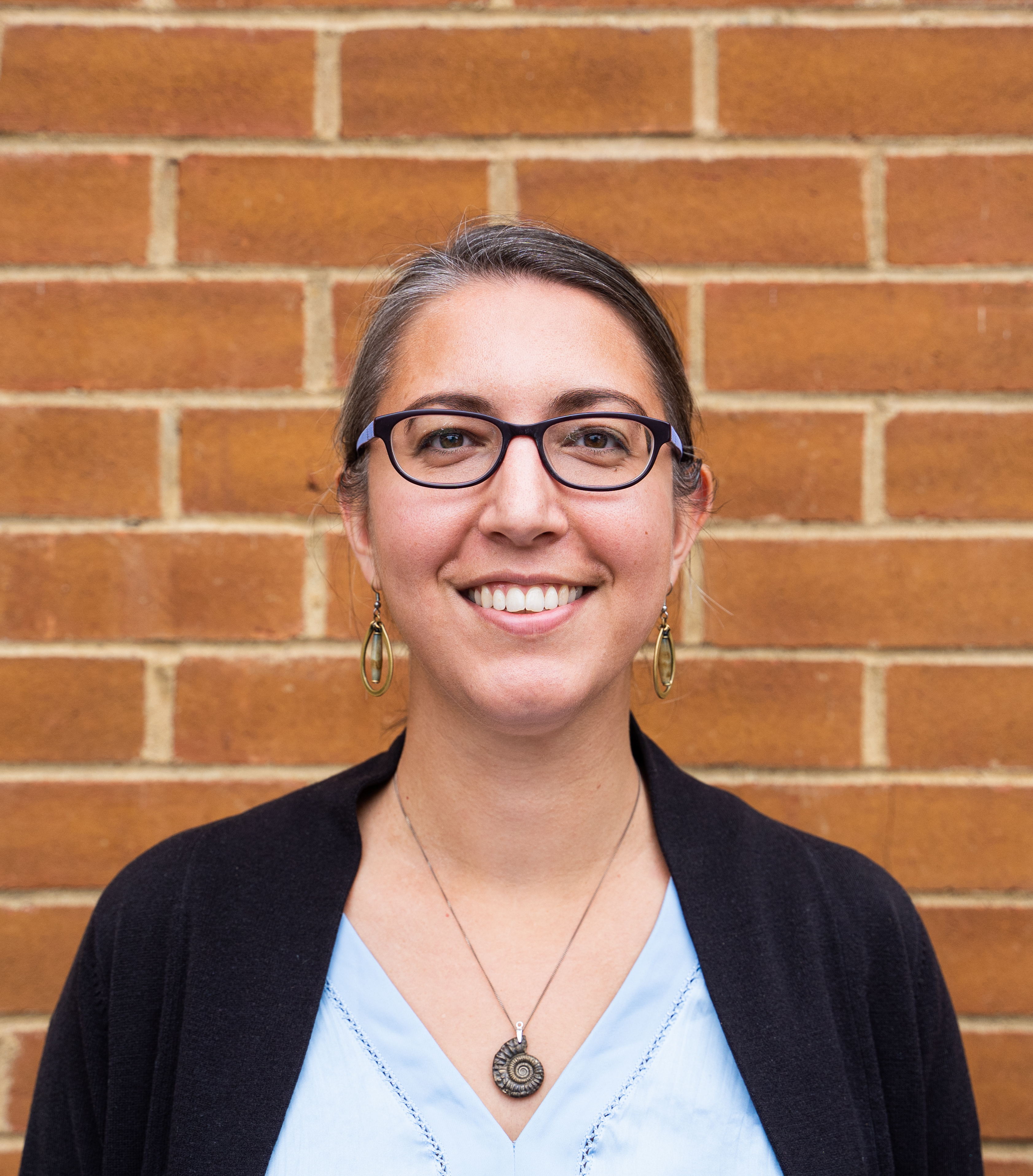
Dr Rachel Waugh
Opportunity: Increasing use of green parts (i.e., remanufactured, repaired, reused etc.) to reduce emissions.
Challenge: How we manage the transition away from ICE vehicles to BEV/FCEV recognising the embodied energy/emissions in the existing vehicle parc?
Rachel Waugh, Principal Consultant at Oakdene Hollins, has a background in resource and process efficiency through her PhD in Engineering and her MA in Manufacturing Engineering from the University of Cambridge. Her PhD explored ways to halve carbon dioxide emissions in the global steel and aluminium industries. Rachel joined Oakdene Hollins in 2013 and has contributed to studies to evaluate and quantify remanufacturing markets for Malaysia, Scotland and Europe, and value retention markets in Canada and most recently, the UK. Rachel participates in the Auto Council’s Net Zero Manufacturing and Supply Chain group and previously led on the Cars as Materials Banks project for the APC.
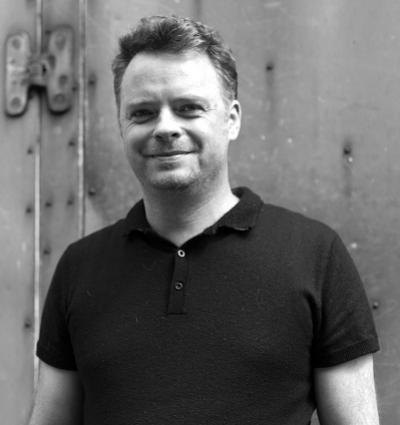
Professor Jonathan Cullen
Opportunity: The UK imports and exports huge quantity of materials in largely linear, carbon intensive, supply chains. There is an opportunity to develop new enterprises and create jobs in the UK to retain these materials in circular loops, where we can control the carbon mitigation narrative.
Challenge: Vehicles are incredibly complex, with an increasing range and diversity of materials. The mixing of materials creates entropy, degrades material quality, and requires additional energy for separation and recycling. Issues for vehicles are tramp copper in steel, separating aluminium alloys as we lose the cast aluminium sink of engines and gearboxes, and the separating out the 400 different types of plastics used in a modern car.
Professor Jonathan Cullen is the University Lecturer in Energy, Transport and Urban Infrastructure. He leads the Resource Efficiency Collective and has a reputation for top-down studies of resource systems, bringing skills in developing new metrics to reflect both energy and material consequences of materials production.
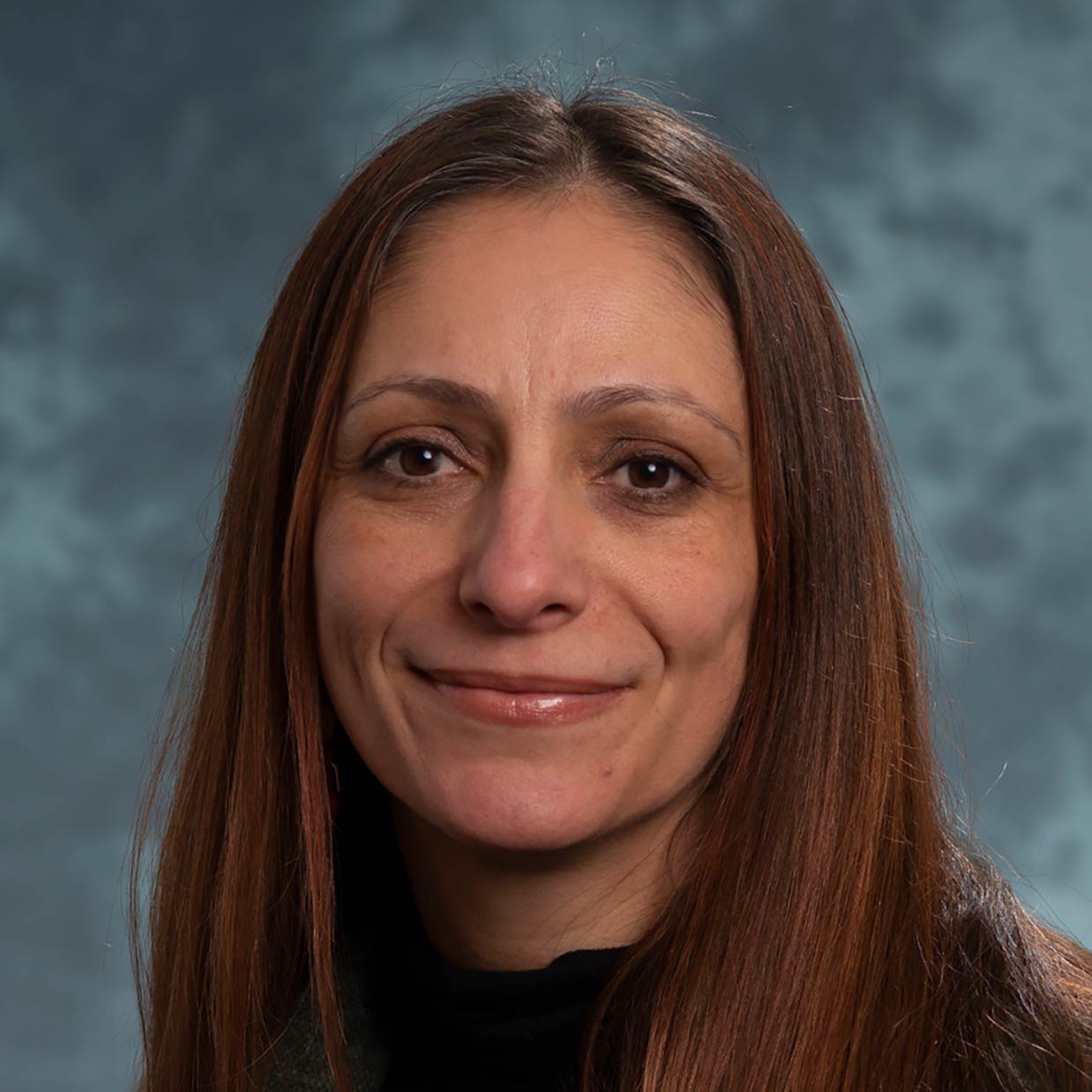
Dr Evi Petavratzi (Chair)
Dr. Evi Petavratzi is a Principal Mineral Commodity Expert at the British Geological Survey BGS), with over 13 years of working experience in industry, academia and the public sector. At BGS, her research is in the field of security of supply and the circular economy, with a focus on decarbonisation and resource management. She has been involved in several multidisciplinary projects in the areas of critical raw materials, material flow analysis and the enhancement of the European knowledge base for raw materials.
Panel 2 : Enabling Co-creation for the Circular Economy in Transport
Dr Russ HallLink opens in a new windowLink opens in a new window (Chief Engineer, HVMC)
Teni Akinajo (Policy Advisor, Department for Transport)
Sarah Connolly
Sarah Connolly is an Innovation Lead for the Transforming Foundation Industries Challenge at Innovate UK. With a background in materials engineering and a CEng MIMMM certification, Sarah is passionate about driving innovation in the foundation industries to enhance competitiveness and sustainability. Her expertise in the field enables her to spearhead initiatives that promote the use of innovative technologies to revolutionize these industries. Through her work, Sarah is committed to creating a sustainable future by transforming the way foundational industries operate.
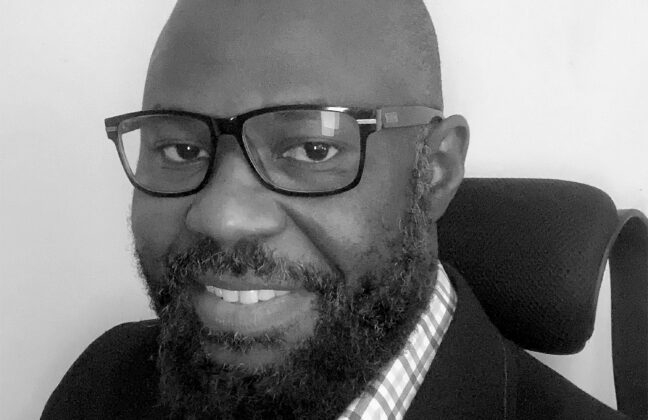
Dr Halid Abu Bakar
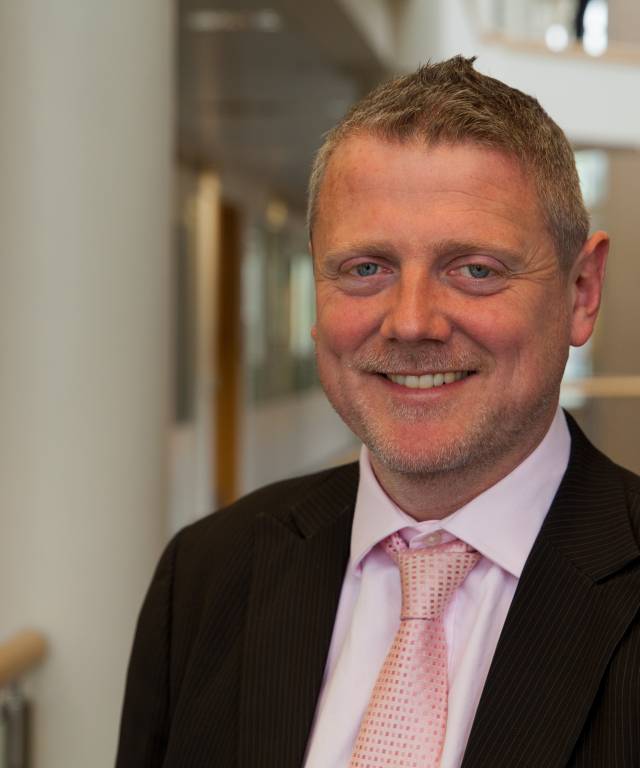
Professor Kerry Kirwan (Chair)
Kerry Kirwan is Deputy Pro-Vice Chancellor (Research) at the University of Warwick and Chair of Sustainable Manufacturing and Materials group at WMG. He has considerable experience in novel sustainable materials and manufacturing and, to date, he has been awarded in excess of £35m of public and industrial research funding in the Circular Economy area.
He is the Director of the EPSRC Centre for Doctoral Training in Sustainable Materials and Manufacturing (EngD) and was previously Director of the EPSRC Industrial Doctorate Centre in High Value, Low Environmental Impact Manufacturing. He currently leads the University of Warwick's Global Challenges Research Fund programme, the Global Research Priority in Innovative Manufacturing and Future Materials and is a member of the ‘Connected Everything’ Network+ Executive Committee. He is also Editor in Chief of the Journal of Polymers and the Environment, was a member of the EPSRC's Manufacturing the Future Strategic Advisory Team and served on the Midlands Engine Science and Innovation Audit Committee. He also regularly advises, reviews and chairs funding panels and meetings for UK, EU and International research agencies.